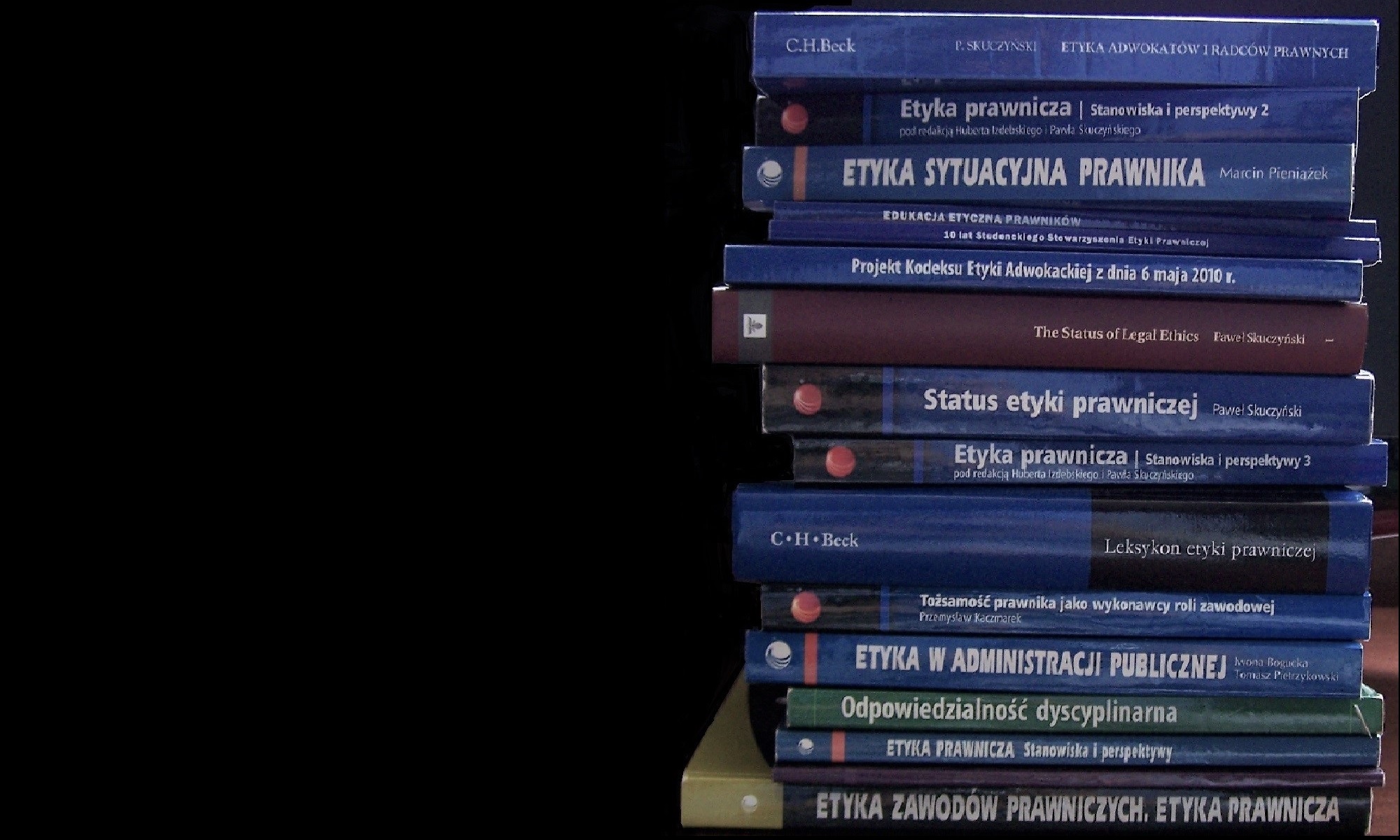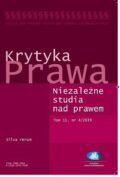Redaktorzy tomu: Przemysław Kaczmarek, Paweł Skuczyński
Rok wydania: 2022
Liczba stron: 192
ISSN: 2080-1084, e-ISSN 2450-7938
(2022) Krytyka Prawa. Niezależne Studia nad Prawem (14) 4 | Kozminski University Journals
Addressing the topic of the judicial freedom of expression and communication is considered necessary also because of the current social and political context. It draws attention to a number of interrelated phenomena, which together are usually referred to as a constitutional crisis. Although this name may be considered far from accurate, there is no doubt that judges have become the focus of public debate, which may consequently contribute to raising the legal awareness of citizens. We are observing a clear shift away from a culture of silence to the participation of judges in ongoing public disputes. There are many indications that this is not just a temporary involvement. Consequently, it can be seen as an expression of deeper social changes involving a reconfiguration of the relationship between law, politics and the media as the three great social subsystems. Judges, as a result of these changes, are increasingly being drawn into personalised conversations involving other citizens. On the one hand, this is an opportunity for the judiciary, but on the other hand, there are many risks involved. After all, the failure of judges to participate personally in public debate can have a variety of effects not in the personal sphere, but in the institutional sphere, i.e. concerning the perception of the entire judiciary. Therefore, in addition to the issue of judges’ freedom of expression, it is also important to address the issue of their communicative competence not only in the context of activity in the courtroom, but also outside it, such as in social media.
(fragment Wprowadzenia)

